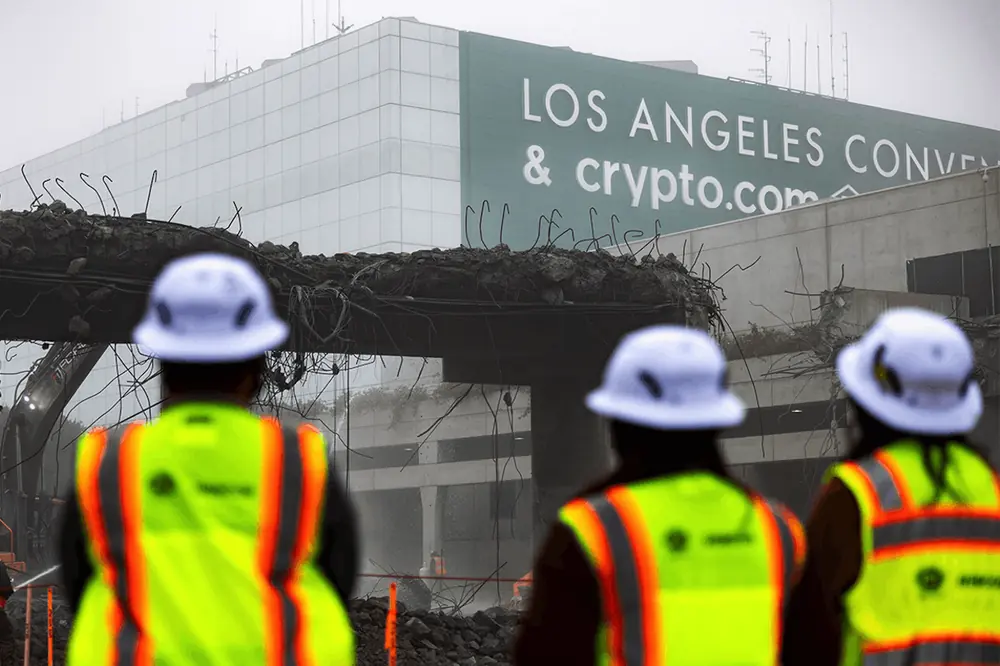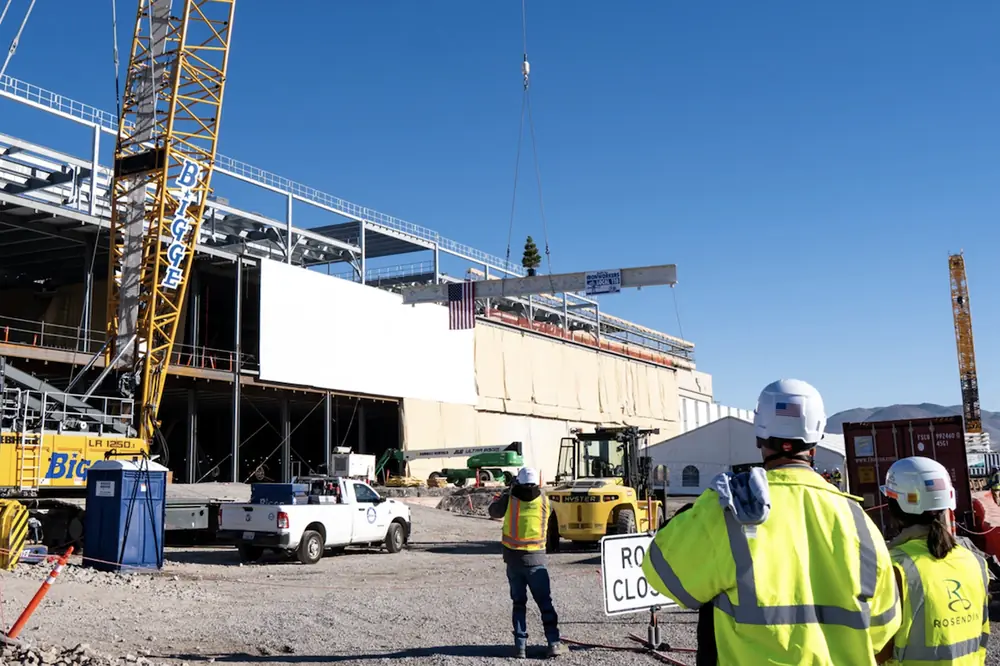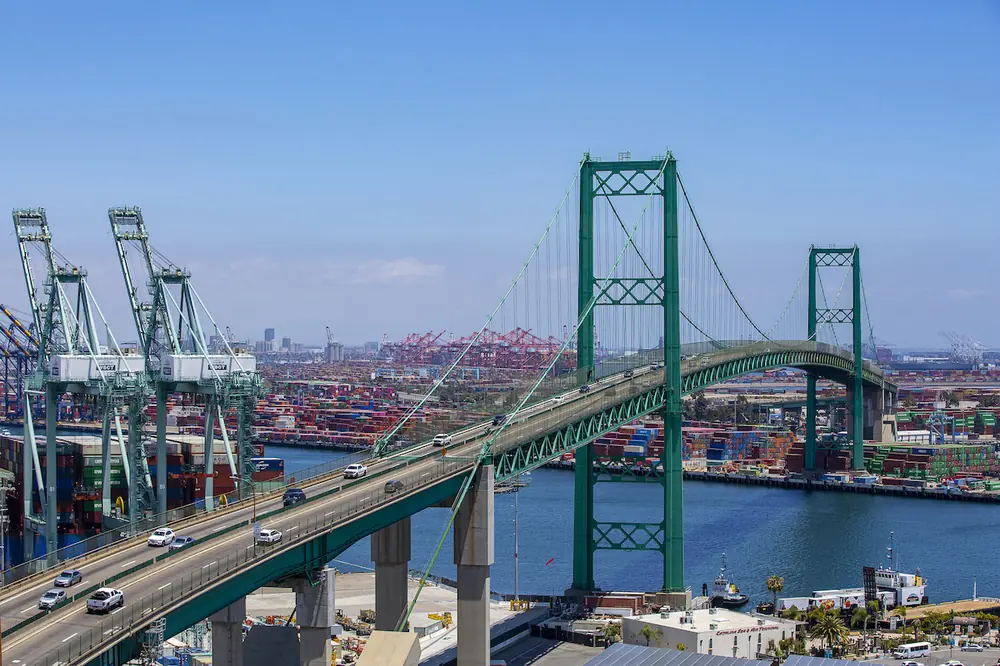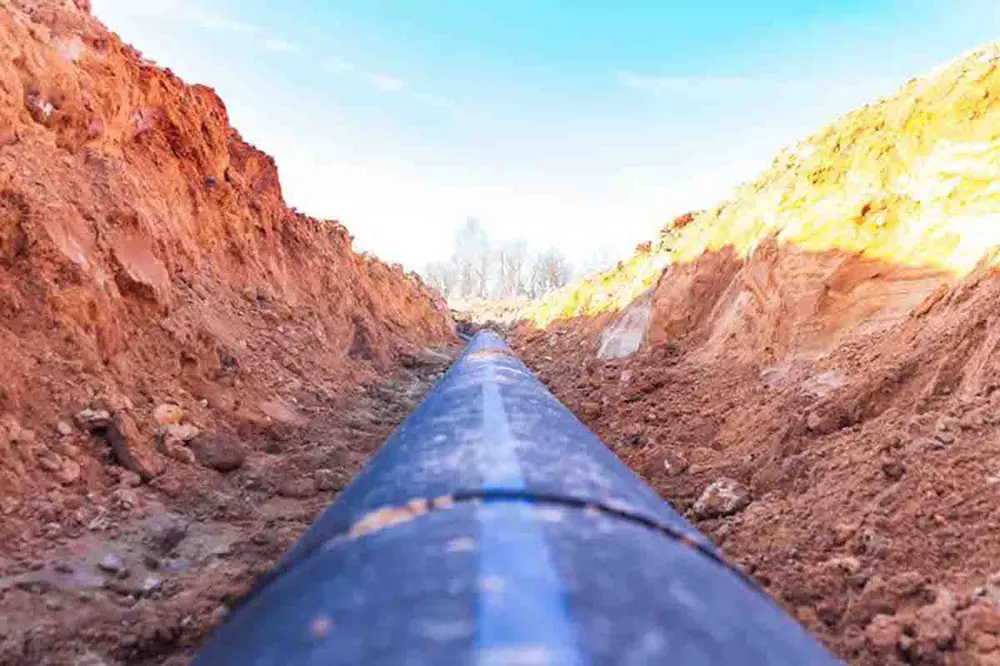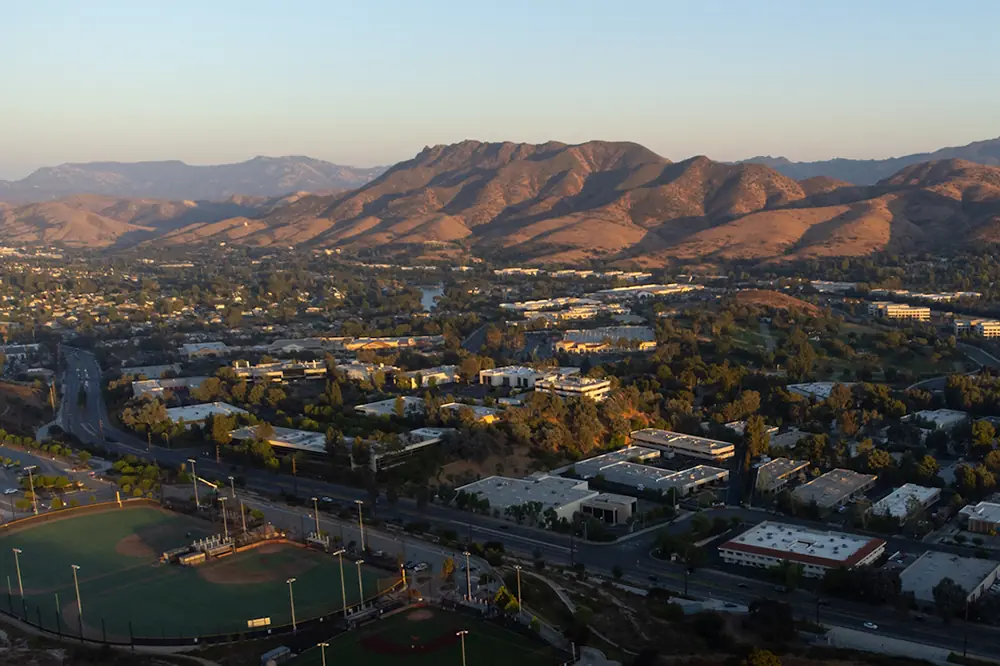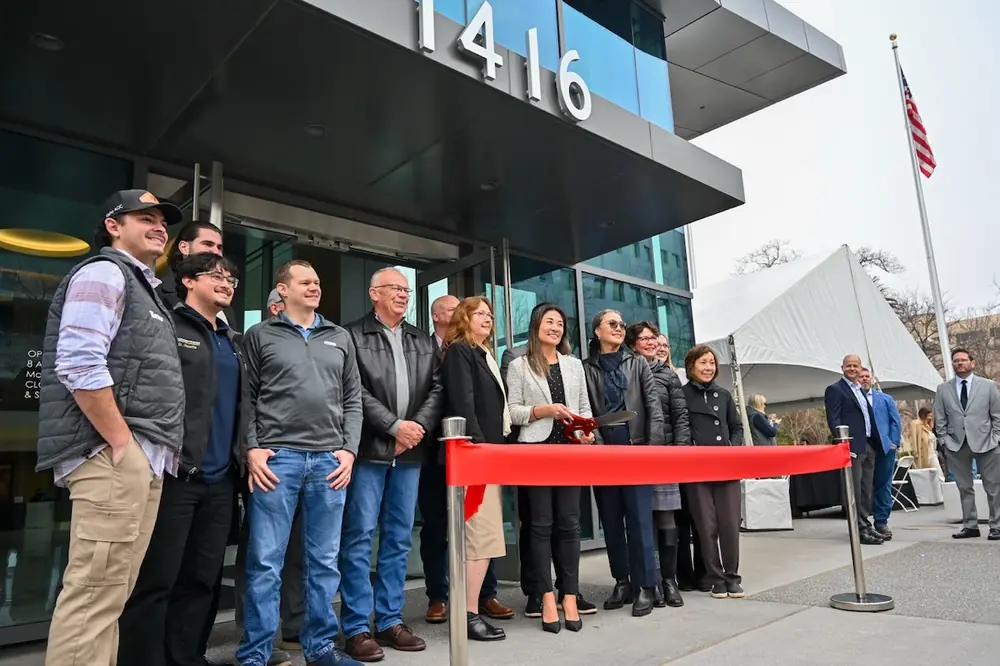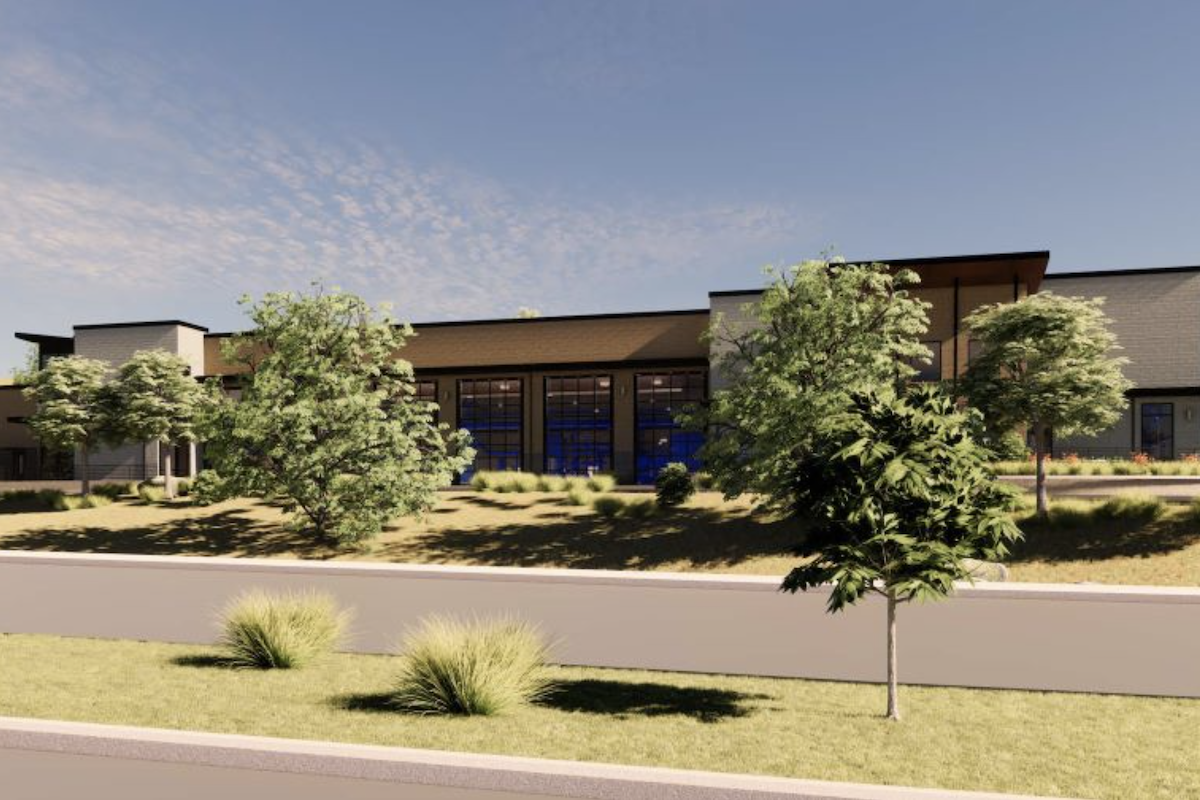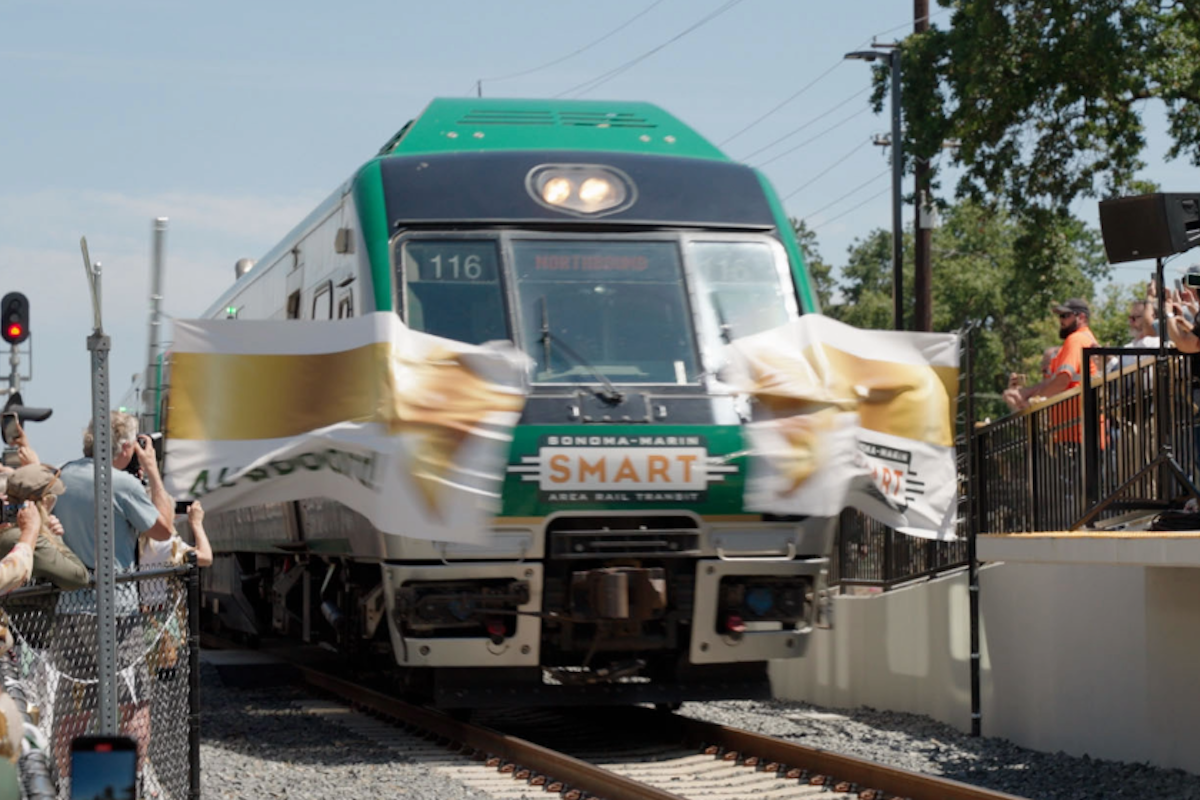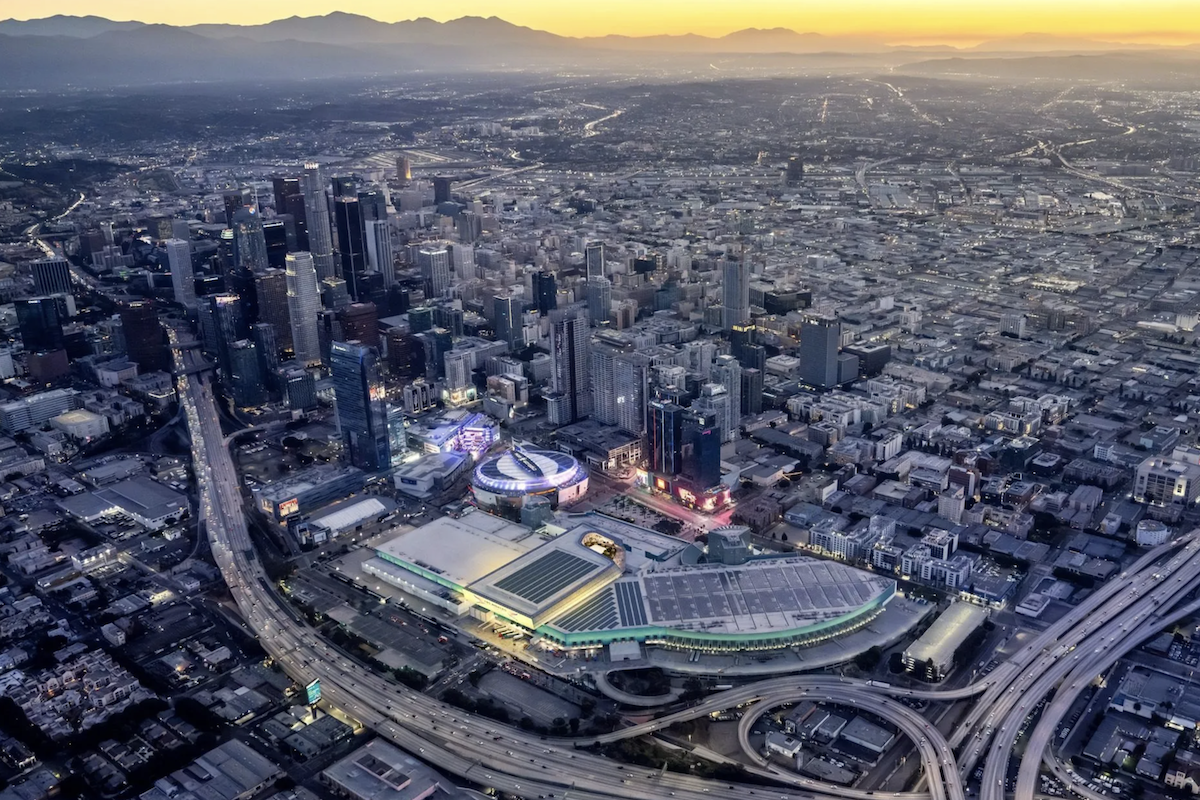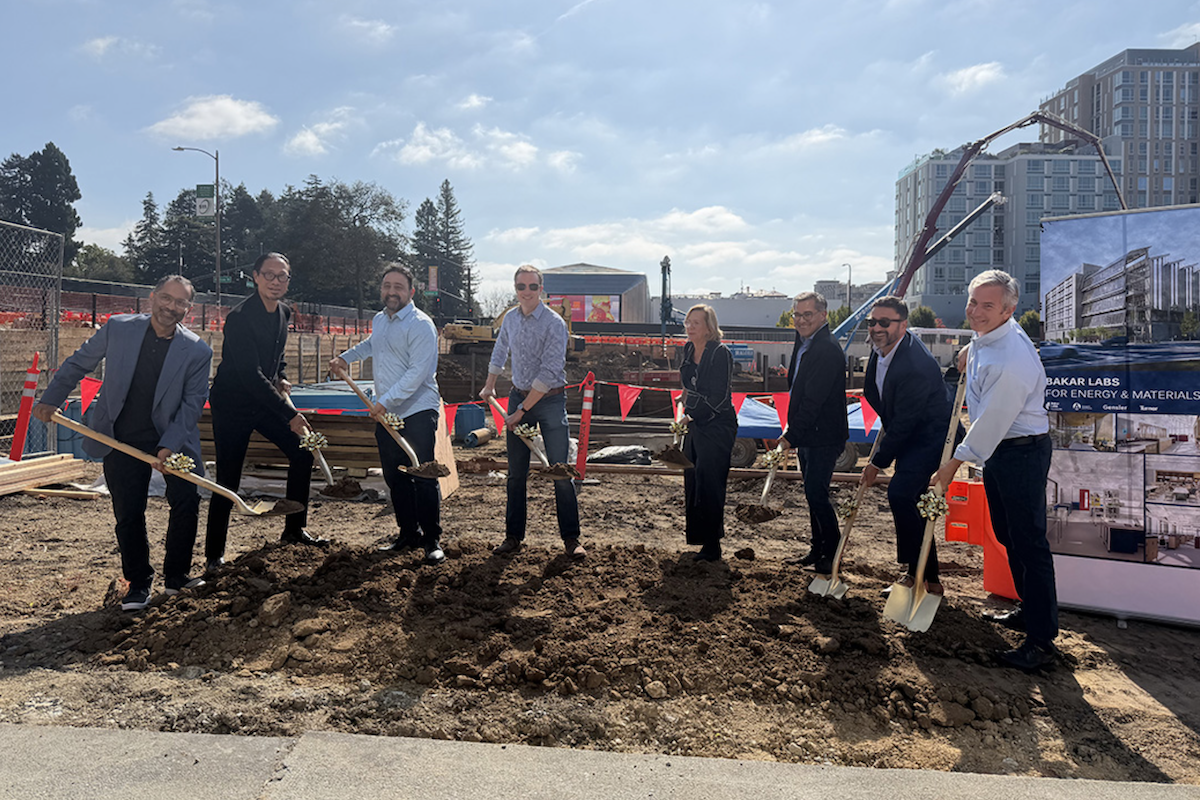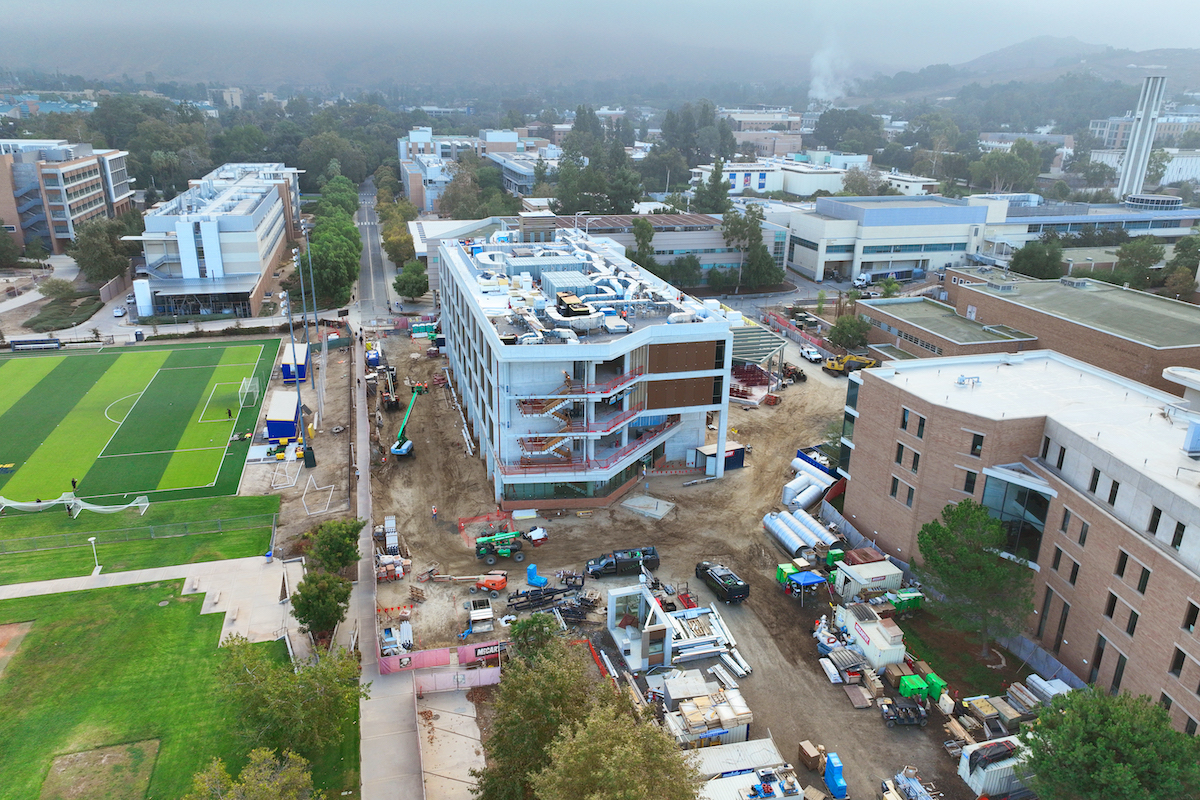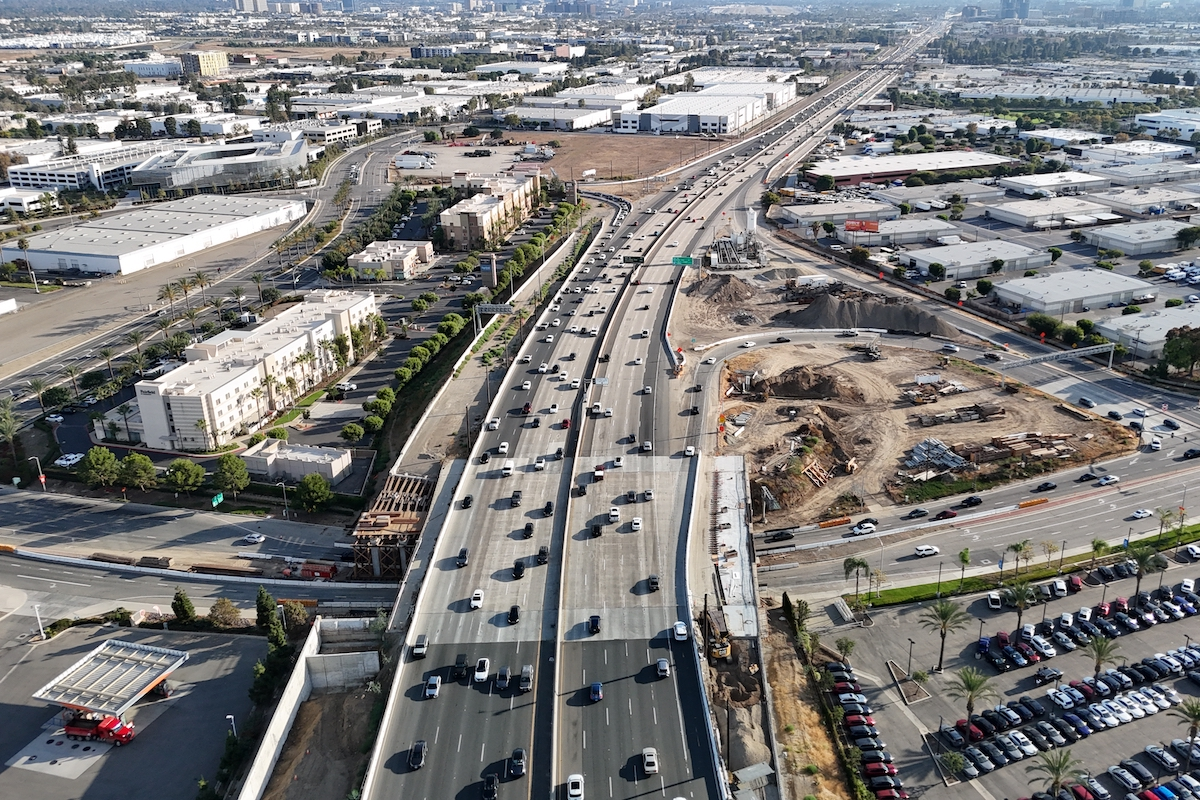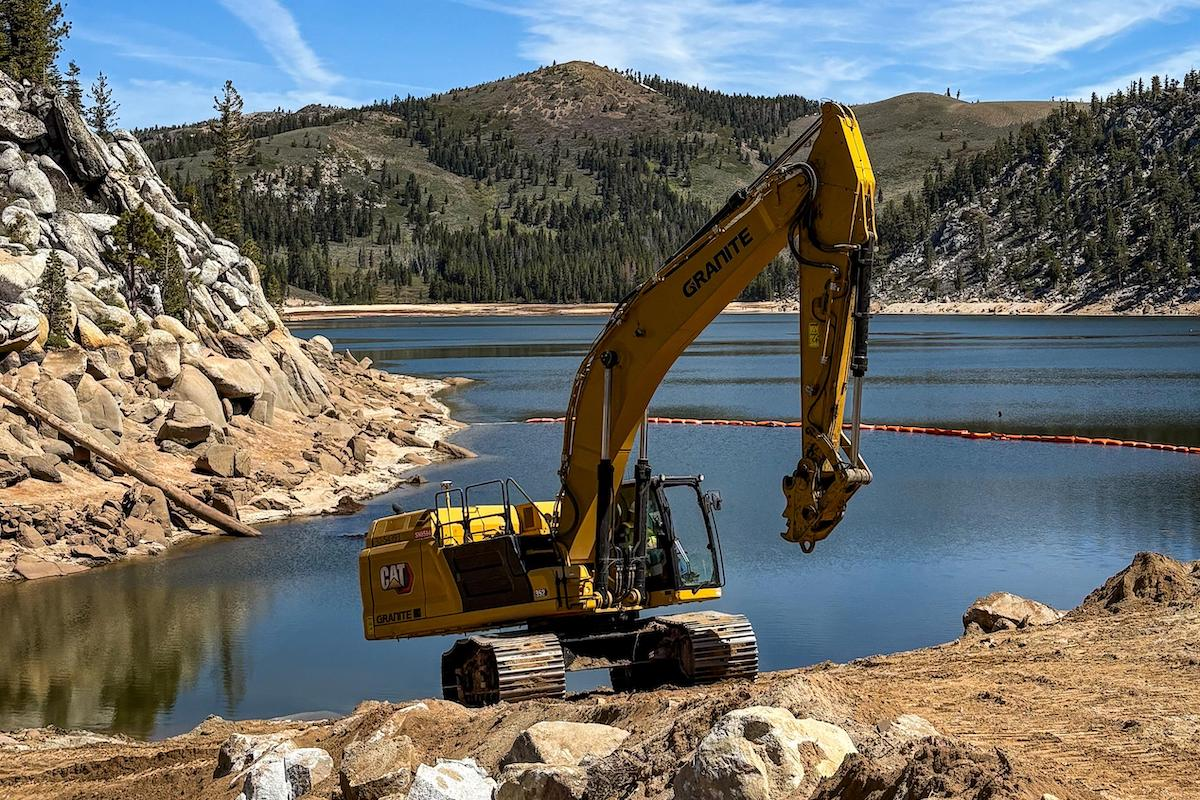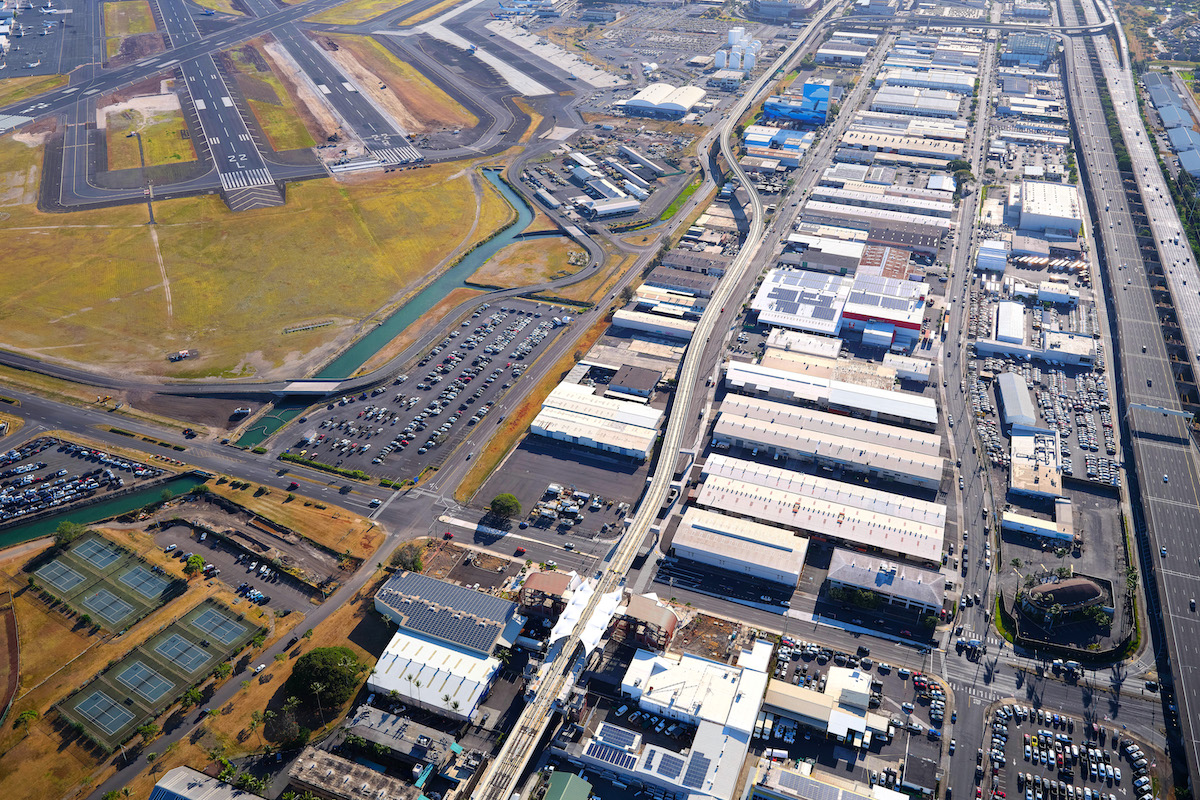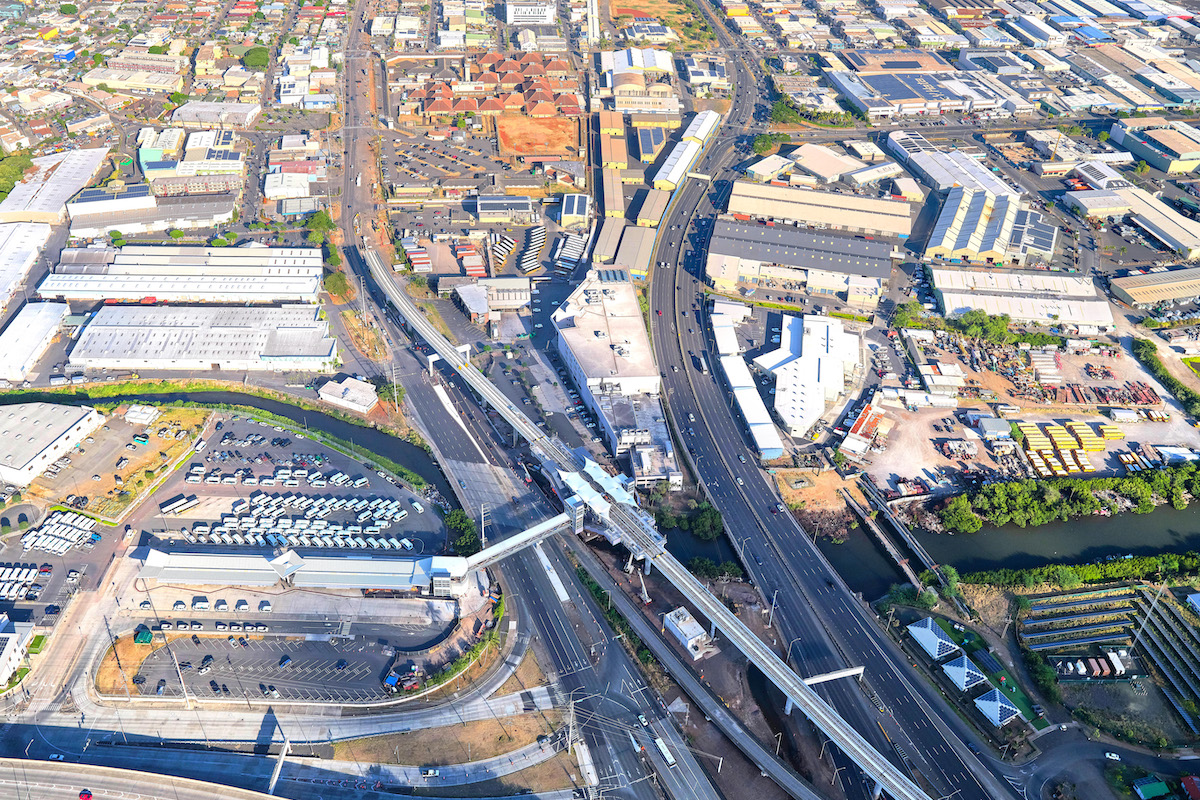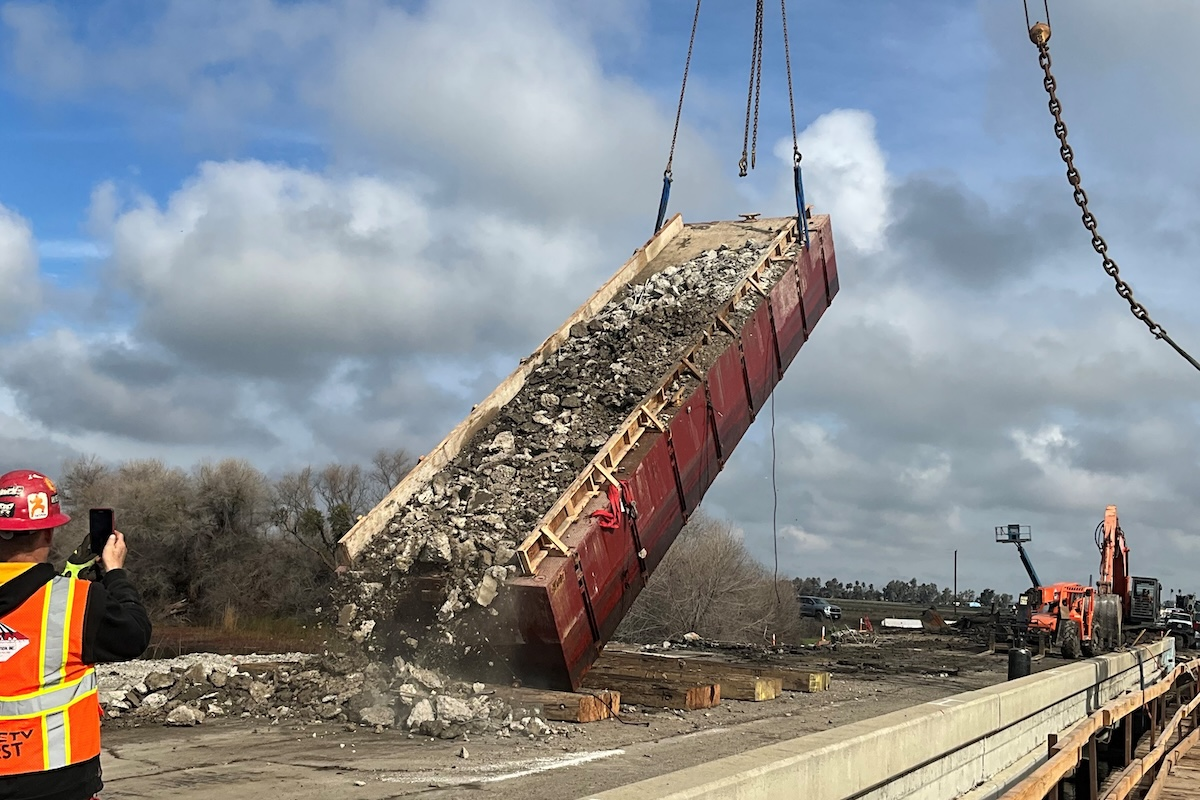The $155 million allocation comes from the federal Infrastructure Investment and Jobs Act (IIJA) and is lauded by environmental groups and local leaders who have been calling for investments to support the long-term viability of the SR- 37.
“This is a critical Bay Area transportation corridor, and current projections are that it will be under water as soon as 2050 unless we act,” said California Department of Transportation (Caltrans) Director Tony Tavares. “State and federal investments are coming at a critical time for California as we design climate-resilient projects like this to protect residents from flooding and the impacts of extreme weather events.”
The funding builds on a partnership agreement forged earlier this year among state and local agencies on a suite of commitments to implement near-term improvements to SR-37 while pursuing a long-term climate-resilient corridor that reestablishes habitat connectivity across San Pablo Bay.
“Powered by historic state and federal infrastructure investments, California is leading the nation in rebuilding our transportation system to make it more resilient to the impacts of climate change — with Highway 37 at the forefront of those efforts,” said California Transportation Secretary Toks Omishakin. “Working with federal, state, and local partners, we will continue to collaborate on solutions that will help this vital corridor, the communities it connects, and its surrounding ecosystems thrive for generations to come.”

| Your local Trimble Construction Division dealer |
|---|
| SITECH Southwest |
| SITECH West |
| SITECH Southwest |
| SITECH West |
“We need to improve Highway 37 to make it safe for people as waters rise in the coming decades and to restore habitat connectivity across San Pablo Bay,” said Wade Crowfoot, Secretary of California Natural Resources Agency. “This project, made possible through partnerships and this federal funding, is an important step forward. It will build climate resilience, improve safety of the roadway for people who use it, and reconnect habitat across the baylands. It’s part of our work across the state to make sure critical infrastructure continues to function amidst climate change impacts.”
The project reduces risks of route closures due to flooding and presents an opportunity to enhance bicycle and pedestrian access. In a further sign of progress, Caltrans recently released the project’s Environmental Impact Report/Environmental Assessment for public circulation. Caltrans held a public meeting in late September, and the 45-day public comment period will conclude on October 7.
The federal Infrastructure Investment and Jobs Act, also known as the Bipartisan Infrastructure Law, is a once-in-a-generation investment in the nation's infrastructure to improve the sustainability and resiliency of the country’s energy, water, broadband, and transportation systems. Since November 2021, California has received more than $22 billion in federal infrastructure funding. These transportation investments alone have already created nearly 48,000 jobs.
The influx of federal funding is on top of California’s multiyear infrastructure investments in transit and intercity rail projects, safe walking and biking options, and upgrades to the state’s economy-powering supply chain. This is in addition to SB 1, which provides $5 billion in transportation funding annually that is shared equally between state and local agencies. Road projects progress through construction phases more quickly based on the availability of SB 1 funds, including projects that are partially funded by SB 1.
"I’m very excited about this project,” said Dina El-Tawansy, Caltrans District 4 Director. “Not only will it mitigate the persistent flooding issues on State Route 37 between US 101 and Atherton Ave., but it also shows Caltrans’ deep commitment to working with our partners and stakeholders to find and implement the right solutions for the entire corridor."











